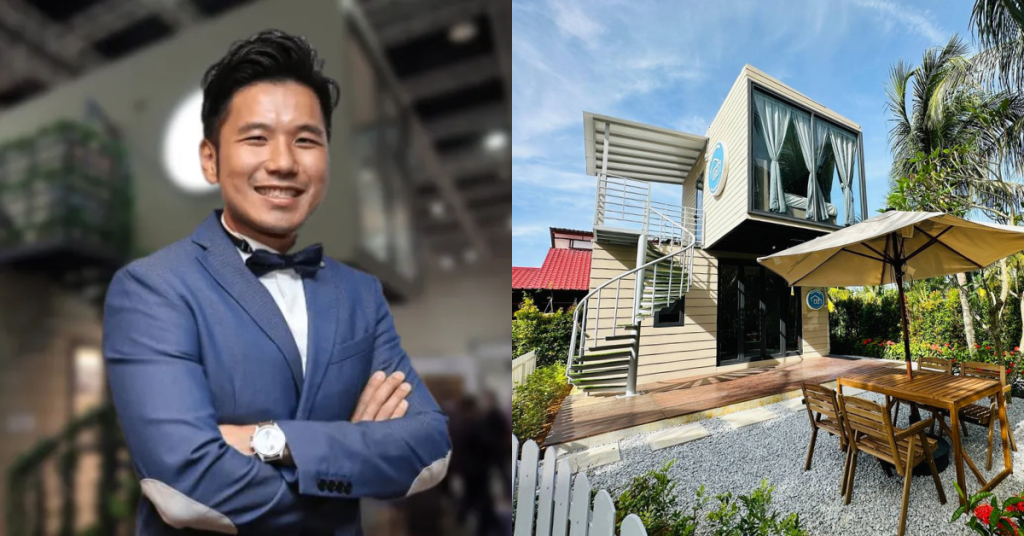Tiny houses have always been a fascination of mine. As a teen, I watched endless tiny home videos, seeing the innovative ways people made use of their mobile trailers or container homes, optimising the space through hidden storage, elevator beds, multipurpose furniture, and other clever tricks.
Given my interest, it’s no surprise that I stumbled upon a homegrown company that’s offering tiny home solutions. Named Rumah Comel, they debuted their modular tiny homes in July 2022 at Archidex Malaysia, but its story begins from before that.
A solid start
Behind Rumah Comel is an older company by the name of Solid Horizon, which was founded in 1994 as a modular cabin manufacturer.
In manufacturing, the term modular refers to flexible units that can be mixed and matched.
The current managing director of Solid Horizon is James Yeoh, the second-generation owner of the business.
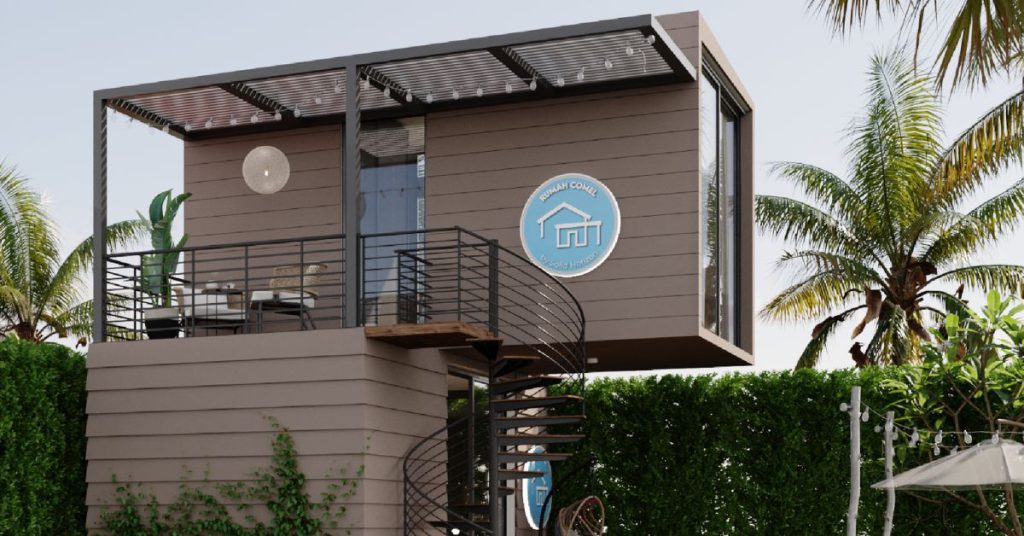
Originally from Klang, he pursued mechanical engineering, obtaining his degree from the University of Leeds in the UK.
“After graduating in the UK, there was a difficulty finding a job there,” James admitted. “My intention wasn’t to go back to my family business, as I wanted to create my own ‘world’.”
Unable to secure a position there, he ended up moving to Singapore where he worked under Accenture.
But one day, James’ brother went to look for him in Singapore. He told James that their family business was in trouble, and may need to close down.
“He gave me a choice, come back to restructure the business, or create your own world in Singapore,” he said.
It was a pivotal moment. James spent a week ruminating over this life decision. Brought up with the value of remembering one’s roots, he decided to come back.
It wasn’t his industry and it wasn’t his passion—but still, James believed he could shape it into his own empire.
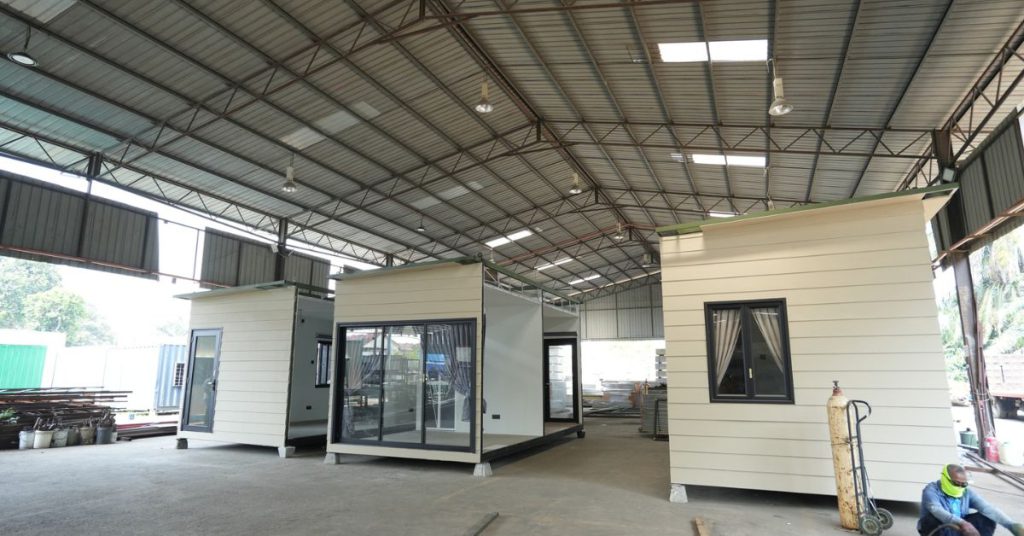
With this mindset, he started his journey in Solid Horizon in 2009 as a general manager before moving onto his current managing director role in 2012.
A cute expansion
Although Rumah Comel was only launched in 2022, the idea for it stems from a couple of decades ago.
While studying in the UK, James had noticed the rise of tiny homes and modular houses in areas like the US, Europe, and Australia.
“When I came back to take over the company business, I started to feel that Malaysia’s construction industry is pathetic due to the lack of new products or new ways of construction,” James said.
Thus, believing it was Solid Horizon’s obligation to bring in new concepts that could benefit Malaysians, he pursued Rumah Comel. After all, they could leverage what they already knew from their modular manufacturing experience to build modular tiny houses.
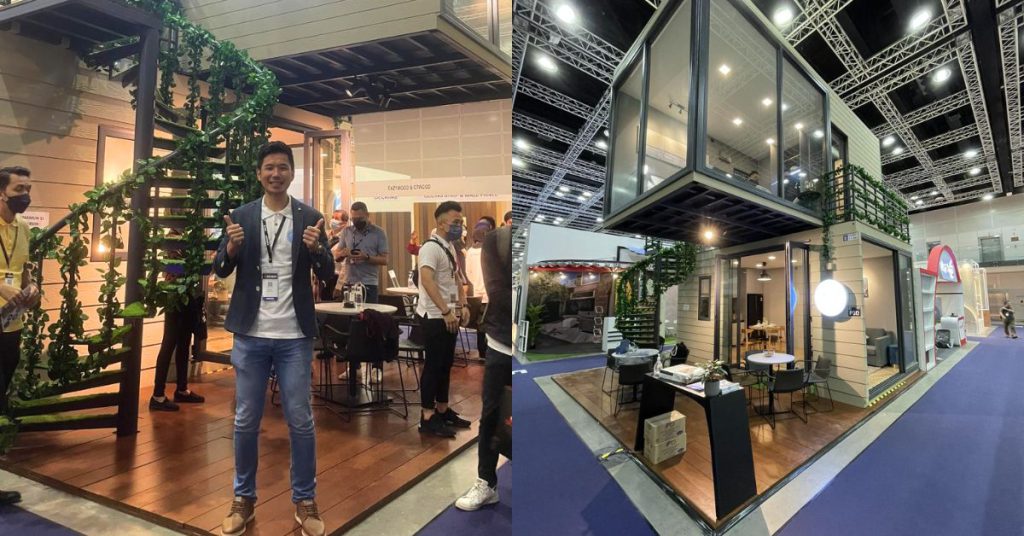
Plus, James believes that the market opportunity is huge, as the local industry is still lacking cost-efficient houses.
“Secondly, there is a lot of empty land especially owned by young Malays, succeeded from parents or grandparents in their kampung area, who do not know what to do with it,” James shared.
With that concept in mind, Rumah Comel is mainly targeting people who already have their own plot of land where the tiny homes can be placed.
These houses can then be used as a getaway, or for Airbnb purposes, or as an addition to their main house.
While these homes are not considered mobile, they are transportable. Aside from being an affordable option, they’re also designed with sustainability in mind thanks to their pre-fabricated offsite construction techniques.
A customised solution
Starting at RM35K per unit, one Rumah Comel module is 200 sq ft. and can comfortably fit two people. The beauty of the modular concept is that buyers can add as many modules as they’d like to suit their own needs and budgets.
The units’ external customisations are limited, but the interior ones are highly flexible. They can be fully furnished, partially furnished, with or without toilets, with or without local infrastructure (things like roads, sewers, electrical wiring, etc. at the site), and more.
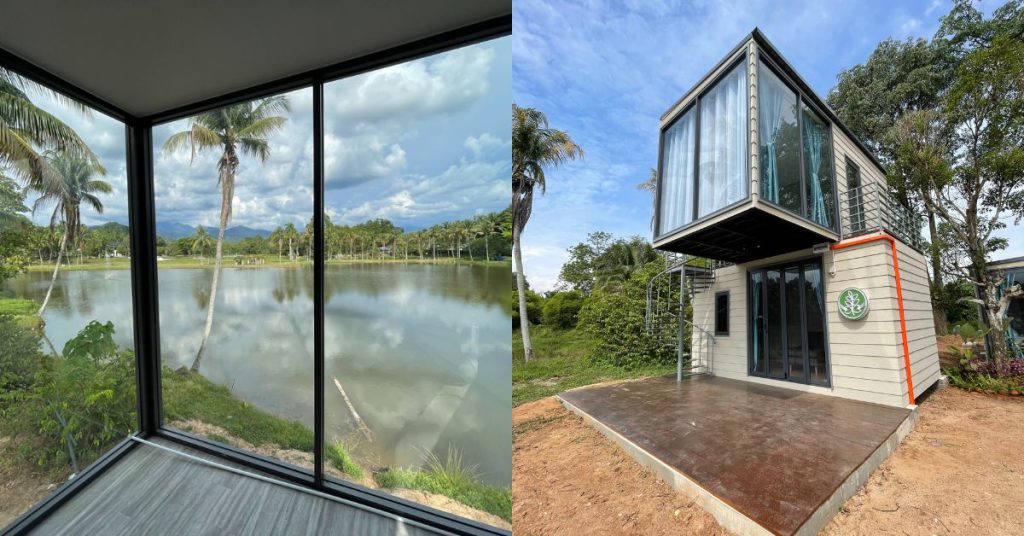
As of now, Rumah Comel’s projects can be found in areas such as Johor, Penang, Kedah, Ipoh, KL, and Kelantan.
95% of the modules are built in the factory, then transported via a lorry crane to the site. At the site, they will do the final touches, such as the water, power, and sewerage systems.
Rumah Comel is not the only tiny home provider in Malaysia, though. There’s Singapore-based Big Tiny that announced a Malaysian sales office last year. There’s also Smart Tiny House that supplies prefabricated cabin and container houses.
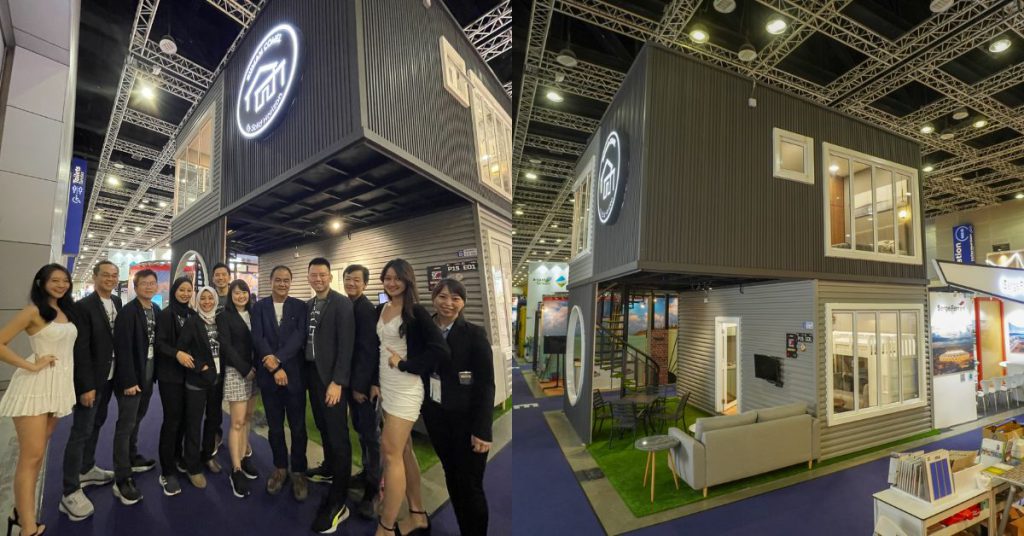
“There are plenty of small-time tiny house fabricators in the market,” James said. “However, we come in with a different class of design, materials specification, and also speed of the fabrication to own a house.”
According to him, the standard 200 sq ft Rumah Comel unit takes about three weeks to build, and the team has been working to lower that to two weeks per module.
The team also seeks to constantly improve their version of Rumah Comel. Now going into its third year of operations, their vision of “RC 3.0” is to further delve into Bed and Breakfast (BnB) offerings.
An ambitious dream
“I always see Rumah Comel as a Ferrari—everyone talks about it, everyone likes it. But it is always a ‘nice to have’, rather than a ‘must have’,” James shared.
But rather than see this as an obstacle, the managing director wants to turn it into an opportunity through the BnB model.
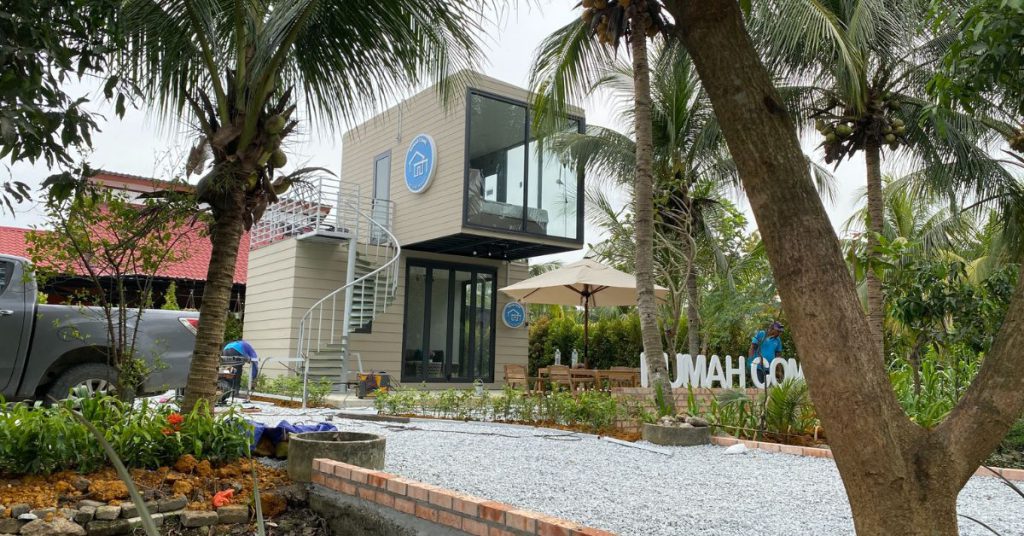
With this concept, they’re looking into creating a financing scheme for Rumah Comel. This monetisable format means their tiny houses can be taken as a form of investment and empower owners of empty land.
Other than this project, though, Rumah Comel also has quite the lofty goal in mind—100,000 tiny homes by 2025.
“Setting to build 100,000 better homes, just by myself, isn’t a thing that can be achieved overnight,” James said.
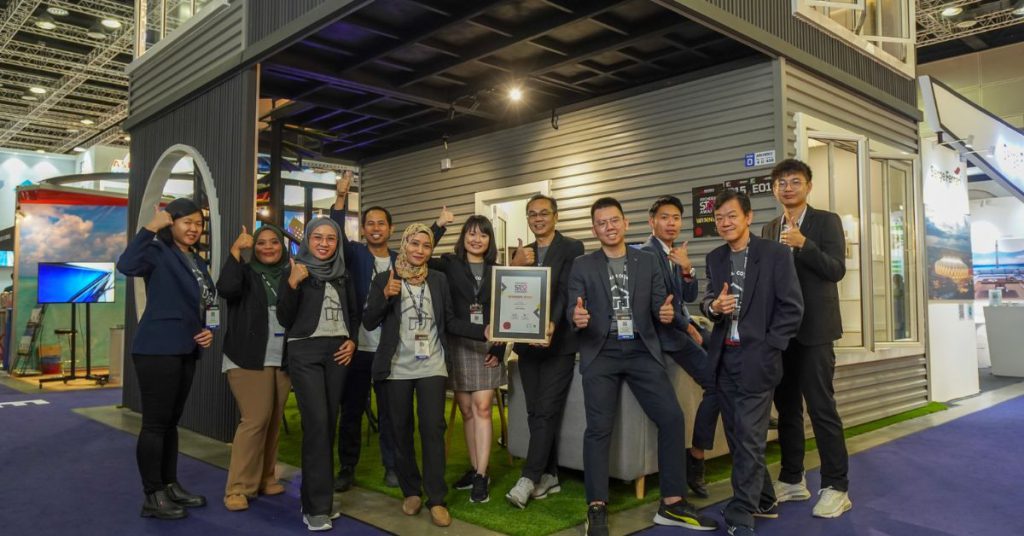
Rather, Rumah Comel’s strategy is to collaborate with land owners, fabricators, and also financiers to build their ecosystem together. This means they can control the whole supply chain, from manufacturer all the way to the end user.
“With this way of scaling, only then we can achieve 100,000 better homes,” James said.
For now, they’re still far from achieving the number. But James believes they’re currently building strong fundamentals to kickstart their flywheel.
Featured Image Credit: Rumah Comel



